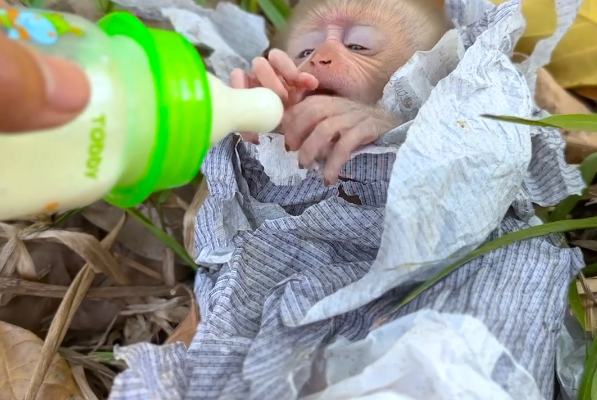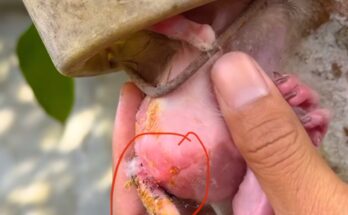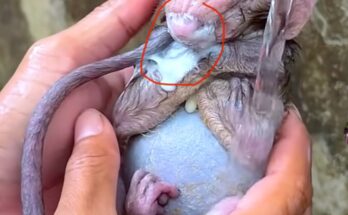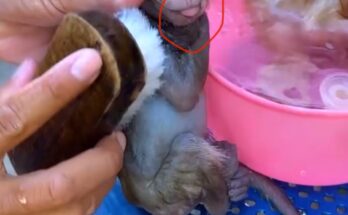Caring for a baby monkey is a rewarding but challenging task, especially when it comes to feeding them. Baby monkeys, like human infants, require special care and attention to thrive, and their nutrition is vital for their healthy development. One of the most important aspects of this care is providing the right type of milk. Here’s a guide to keeping and getting milk for a little baby monkey.
1. Understand Their Milk Requirements: Unlike adult monkeys, baby monkeys rely on their mother’s milk for the first few weeks of life. If the baby monkey is orphaned or separated from its mother, you’ll need to provide a suitable substitute. Never feed a baby monkey cow’s milk, as it doesn’t contain the necessary nutrients and can upset their stomachs. Instead, look for specially formulated milk replacers designed for primates. These are available at many pet stores or online retailers.
2. Choosing the Right Milk: The milk replacer should mimic the mother’s milk as closely as possible. Primates have specific nutritional needs, including a balance of fats, proteins, vitamins, and minerals. A high-quality formula designed for primate babies will contain these components in the right proportions. Consult with a veterinarian or wildlife expert to choose the most appropriate formula for the species of monkey.
3. Preparing the Milk: Follow the manufacturer’s instructions carefully when mixing the milk formula. Use clean, sterilized bottles or syringes to avoid contamination. Warm the milk to body temperature before feeding, but be sure it isn’t too hot—test it on your wrist before giving it to the baby monkey.
4. Feeding Frequency and Techniques: Baby monkeys need to be fed frequently, especially in the first few weeks. Typically, they should be fed every 3-4 hours, but this may vary depending on their age and size. Use a small bottle or syringe to ensure they are receiving the right amount of milk. Hold the baby monkey in a comfortable, secure position while feeding to help them latch onto the nipple or syringe properly.
5. Monitor Growth and Health: Regularly monitor the baby monkey’s growth and behavior. If they are not gaining weight or appear lethargic, consult a veterinarian immediately. Their health can be affected by incorrect feeding practices or poor nutrition.
Providing the right care and milk for a baby monkey is essential for their survival and well-being. With the right formula and feeding regimen, your little primate companion will grow strong and healthy, ready to explore the world around them.



